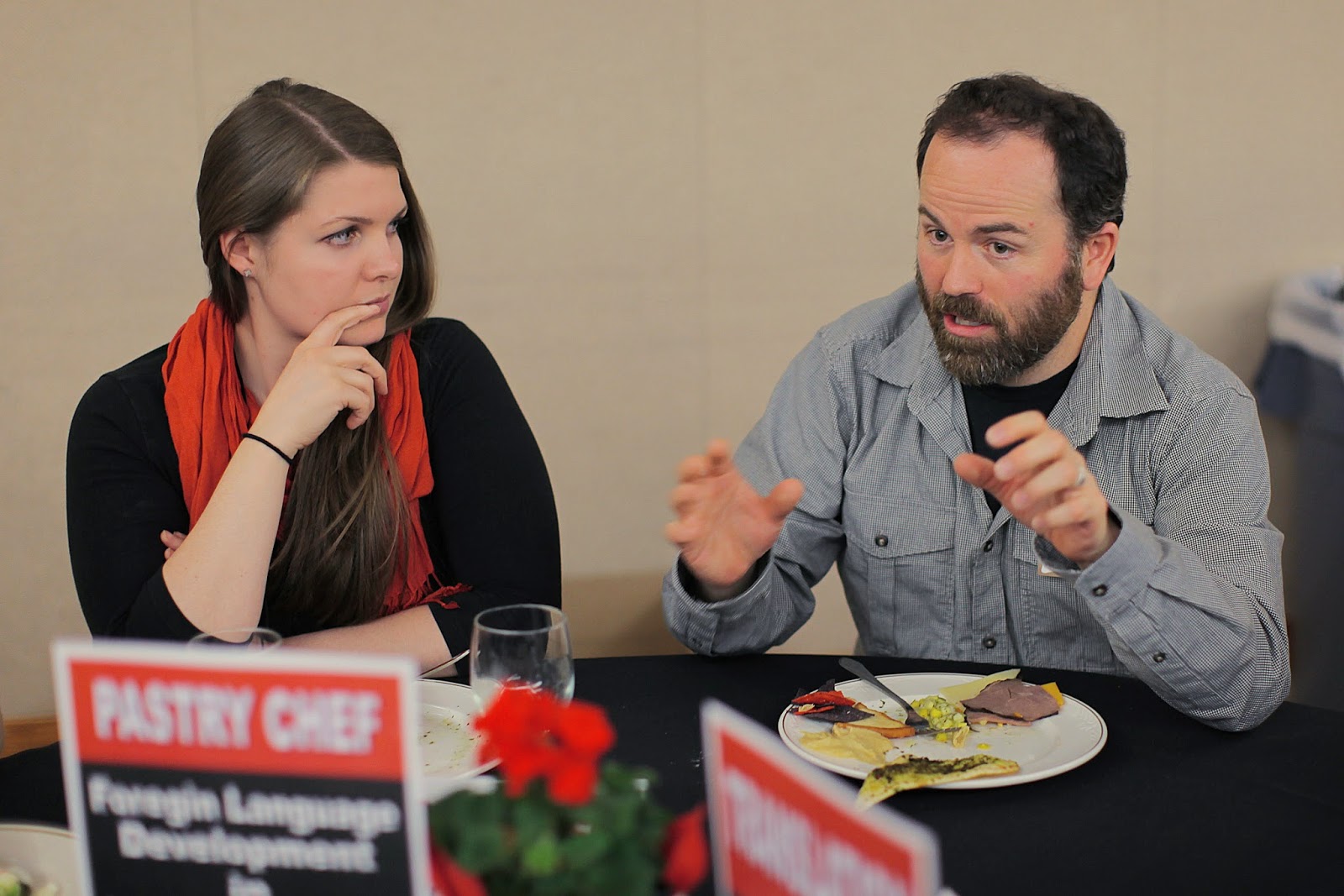By Victoria Hampton '15
After receiving an undergraduate degree, many students will consider attending graduate school. Whether they attend three months or ten years after graduation, graduate school is a big decision. Not only is it a large financial commitment, its an additional two to four years of a student’s life that takes them further in the direction of their career interest. On top of all this personal investment, sometimes students starts a graduate program and realize it is not the right fit.
“As an undergraduate you have these ideas of what you want to do. Optometry school was one of the reasons I came to Pacific, but [once I started the program] it wasn’t quite what I expected,” said Basmah Rahman ‘01.
Rahman knew that graduate school was for her, but after attending one year at the Pacific University Optometry school, she wasn’t sure what graduate level program was right for her.
“It was a slow realization over the course of the year. I found [optometry school] really interesting and there is a lot to learn. I just realized that my classmates were getting a lot more out of it than me,” said Rahman.
Upon realizing this wasn’t a career path Rahman could see herself pursuing later in life, she discussed her feelings with a former member of the optometry admissions committee Karen Dunston.
As Rahman expressed her interests, Dunston gave her some graduate program ideas. During the 2004-2005 school year, Rahman attended Portland State University. She took classes in public health as a non-degree seeking student.
“I was anxious to get on a track of some kind. It is really scary when you’re 23 and you want to be on a career path,” said Rahman.
By taking these classes and talking to people in the public health field, she decided this was the correct path for her to continue her graduate education. Rahman applied to Boston University’s Master’s in Public Health program, MPH, with a focus on International Health. She graduated from this program in 2007.
After graduating from Boston University, Rahman lived in the Boston area for a few years. She then moved back to the northwest and has been working at Oregon Health & Science University, OHSU, as a research associate since 2011.
“I grew up in Oregon and it was really exciting to me to move across the country,” said Rahman. “I recommend people move away and experience that. It was good for me. It makes you grow up.”
Rahman attended an MPH program that is one of the top 20 in the United States, but she explained such a ranking should not deter students who may think they aren’t qualified for such a prestigious school.
“Students shouldn’t be phased by the reputation of the college because [graduate school] is a whole new ball game,” said Rahman. “It’s not just about grades and what you did as an undergrad. It is about the focus that you are bringing to the graduate program.”
She encourages students and alumni to apply to all the schools they’re interested in and not worry about getting accepted.
Rahman shared some of her experiences and graduate school wisdom for interested current students and alumni. She was able to work full time while attending graduate school, which is something she didn’t think was possible. She advises students and alumni to look at what the postgraduate job placement is at the specific school they’re interested in.
Another aspect for people to consider when looking into graduate schools is networking with others who have graduated from that specific program or work in the career field a student is interested in.
“It’s really important to take advantage of talking to people in the field you’re interested in,” said Rahman.
Rahman complemented Pacific’s Career Development Center on their ability to connect her with students who are interested in attending Boston University and the public health field in general.
The Career Development Center is a resource for graduates from all years and stages in their career development. If you are interested in graduate school, need help crafting your resume, finding a job, networking or need to work on your interviewing skills, email careerdc@pacificu.edu or call 503-352-2877 to set up an appointment.




